Six Simple Pieces: The Essentials of Academia and Research Explained by a Partial Collection of Articles
Piece 1. Academic Research in Modern Times

Capitalism Is Ruining Science
Creeping marketization has created perverse incentives for researchers — threatening the wholesale corruption of science itself. The university existed before capitalism, and has sometimes resisted obedience to the dictates of the capitalist market, pursuing not profit but truth and knowledge. But capitalism devours what it can, and as it extends its domination...

What Researchers Think About the Culture They Work In
Perspectives on and experiences of research culture, based on a survey of more than 4,000 researchers in the UK and globally.

Sexism in the Academy
At each major point of the academic career path, there is significant hemorrhaging of female talent. In many countries of the Global North, women compose a little over half the undergraduate student body, which is only slightly more than the share of female doctoral students. It is after graduate school that the precipitous declines begin
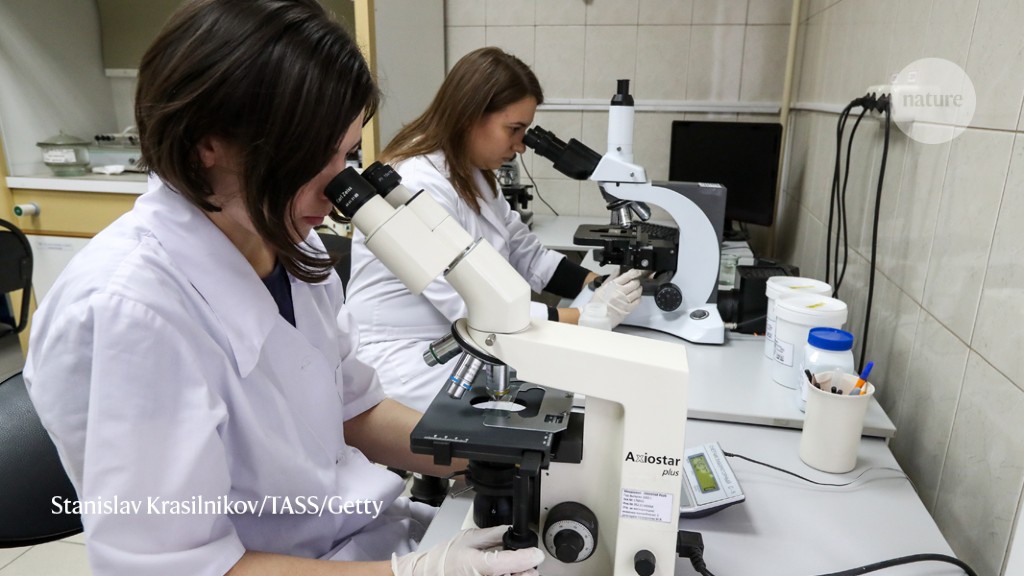
Stress, Anxiety, Harassment: Huge Survey Reveals Pressures of Scientists’ Working Lives
Global study highlights long hours, poor job security and mental-health struggles. A survey of more than 4,000 scientists has painted a damning picture of the culture in which they work, suggesting that highly competitive and often hostile environments are damaging the quality of research.

Graduate School Can Have Terrible Effects on People’s Mental Health
Ph.D. candidates suffer from anxiety, depression, and suicidal ideation at astonishingly high rates.
Piece 2. Publishing in Academia: Peer Review and ‘Publish or Perish’ vs ‘Publish to Accomplish’ Dichotomy

Peer Review: A Flawed Process at the Heart of Science and Journals
Peer review is at the heart of the processes of not just medical journals but of all of science. It is the method by which grants are allocated, papers published, academics promoted, and Nobel prizes won. Yet it is hard to define.

Publish or Perish: The Myth and Reality of Academic Publishing
While writing for scholarly publications is considered a crucial dimension of academic work, the ‘publish-or-perish’ system in our field has increasingly caused anxiety and induced stress among not only young academics but also more established scholars. Using my own publishing experience as a point of departure, I challenge the assumption that knowledge contribution should be solely or mainly gauged on the basis of the venue of publications.
Piece 3. Publishing in Academia: The Publisher

Why For-Profit Academic Publishers Are Laughing All the Way to the Bank
If you’re not an academic or scientist, then you probably have no idea how off kilter research scholarship has become.

Read & Publish Contracts in the Context of a Dynamic Scholarly Publishing System
This report is the result of the study on Read & Publish agreements commissioned by EUA on behalf of 25 supporting organisations in May 2019. Carried out by Technopolis Group, the report explores the potential implications of ongoing structural changes in the scholarly publishing system.

È ora di fare qualcosa contro il monopolio dell’editoria scientifica
Due attivisti del movimento Open Access hanno finalmente denunciato Elsevier all’Antitrust europeo.
Piece 4: Biases, (False) Myths, and Citation Farms

The Matthew Effect in Science
This account of the Matthew effect is another small exercise in the psychosociological analysis of the workings of science as a social institution. The initial problem is transformed by a shift in theoretical perspective. As originally identified,…

The Matthew Effect in Science Funding
Why do scientists with similar backgrounds and abilities often end up achieving very different degrees of success? A classic explanation is that academic achievement exhibits a “Matthew effect”: Early successes increase future success chances. We analyze data from a large academic funding program that present a unique opportunity to quantify the Matthew effect and identify generative mechanisms.
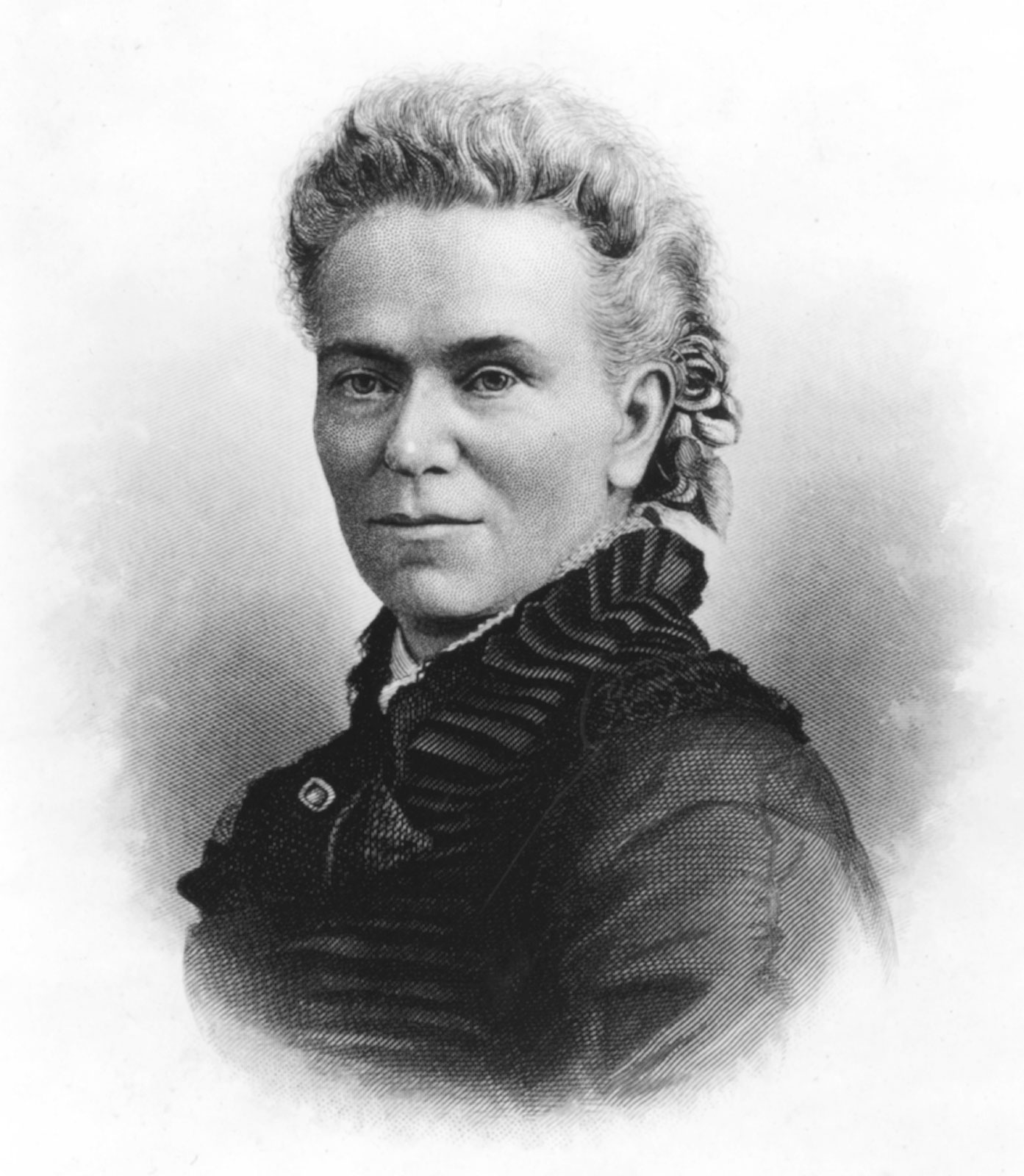
1993: The Matthew Matilda Effect in Science
Recent work has brought to light so many cases, historical and contemporary, of women scientists who have been ignored, denied credit or otherwise dropped from sight that a sex-linked phenomenon seems to exist, as has been documented to be the case in other fields, such as medicine, art history and literary criticism.

The Matilda Effect in Science Communication
An experiment with 243 young communication scholars tested hypotheses derived from role congruity theory regarding impacts of author gender and gender typing of research topics on perceived quality of scientific publications and collaboration interest.

Success and Luck: Good Fortune and the Myth of Meritocracy
What role does luck play in economic success? A compelling book that explains why the rich underestimate the importance of luck in their success, why that hurts everyone, and what we can do about it.
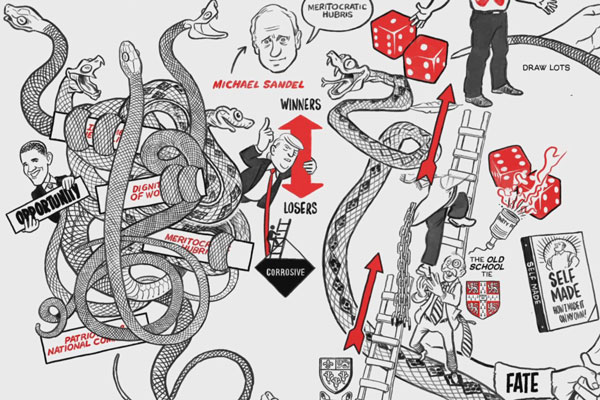
The Tyranny of Merit
These are dangerous times for democracy. We live in an age of winners and losers, where the odds are stacked in favour of the already fortunate. Stalled social mobility and entrenched inequality give the lie to the promise that “you can make it if you try”.

Is Meritocracy to Blame for Our Yawning Class Divide?
“The Meritocracy Trap,” by the Yale Law School professor Daniel Markovits, argues that far from being fair or merit-based, our social system perpetuates inequality.

Hundreds of Extreme Self-Citing Scientists Revealed in New Database
Some highly cited academics seem to be heavy self-promoters — but researchers warn against policing self-citation.
Piece 5: Career in Academic Landscape

Ten Rules for Succeeding in Academia Through Upward Toxicity
Universities preach meritocracy but, in reality, bend over backwards to protect toxic personalities, says Irina Dumitrescu

Ten Rules for (Possibly) Succeeding in Academia Through Upward Kindness
Even as a piece of satire, the recent description in Times Higher Education of an academic system where being an upwardly toxic asshat is the only way to succeed was pretty depressing.

Precarious Postdocs: A Comparative Study on Recruitment and Selection of Early-Career Researchers
This paper investigates how the recruitment and selection for project-based postdoc positions are organised in the current academic landscape characterised by increasing temporary research funding and how principal investigators construct the ‘ideal’ postdoc.

Factors that Influence the Transition of University Postdocs to Non-Academic Scientific Careers: An Exploratory Study
While postdoctoral fellowships are viewed as positions that prepare PhD students for academic careers, studies show that most postdocs will not find tenure-track employment within universities. Postdocs consequently pursue non-academic jobs that differ in the degree to which they utilize a postdoc’s scientific training, yet we know little about how this occurs.
Piece 6: Envisioning a Sustainable System

Impact factor abandoned by Dutch university in hiring and promotion decisions
Faculty and staff members at Utrecht University will be evaluated by their commitment to open science.

Analysis - What Are Universities For?
Sonia Sodha considers if it is time to rethink the fundamental purpose of university.
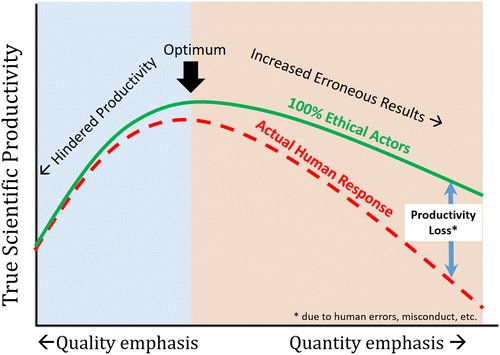
Academic Research in the 21st Century: Maintaining Scientific Integrity in a Climate of Perverse Incentives and Hypercompetition
Over the last 50 years, we argue that incentives for academic scientists have become increasingly perverse in terms of competition for research funding, development of quantitative metrics to measure performance, and a changing business model for higher education itself. [...] If a critical mass of scientists become untrustworthy, a tipping point is possible in which the scientific enterprise itself becomes inherently corrupt and public trust is lost, risking a new dark age with devastating consequences to humanity. Academia and federal agencies should better support science as a public good, and incentivize altruistic and ethical outcomes, while de-emphasizing output.

Race and Racism in the Geosciences
Geoscientists in the United States are predominantly White. Progress towards diversification can only come with a concerted shift in mindsets and a deeper understanding of the complexities of race.
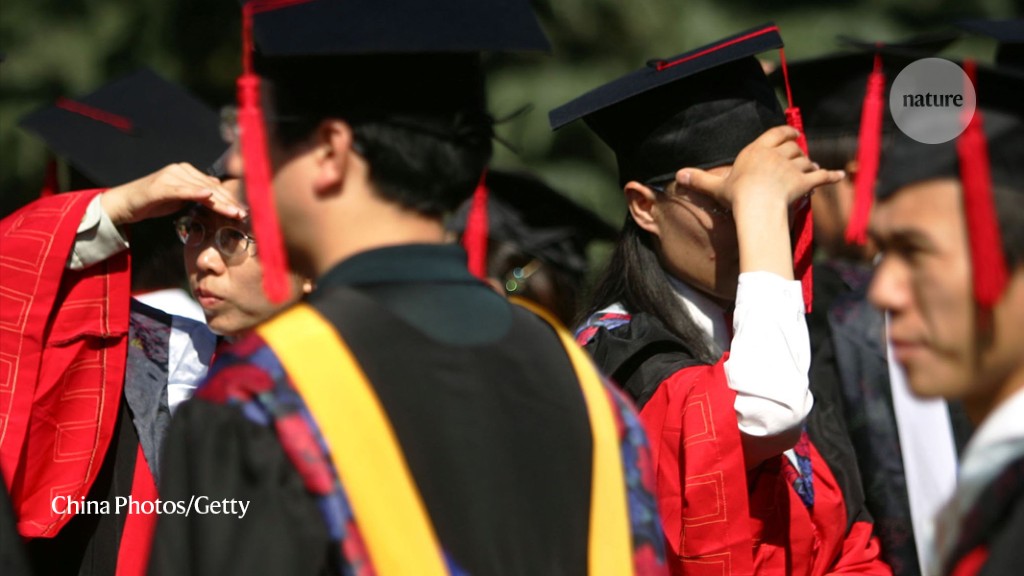
The Mental Health of PhD Researchers Demands Urgent Attention
Anxiety and depression among graduate students seems to be on the rise. Systemic change is needed to halt an ongoing crisis. [...] The truth is that the system is making young people ill and they need our help. The research community needs to be protecting and empowering the next generation of researchers. Without systemic change to research cultures, we will otherwise drive them away.

RSA Minimate: The Tyranny of Merit | Michael Sandel
Work hard, play by the rules, and you’ll go as far as your talents will take you. Right? But so often this isn’t how the system works. In this powerful new RSA Minimate, political philosopher Michael Sandel confronts our age of stalling social mobility and entrenched inequality, and asks: what would it take to give everyone a fair shot at a good life?
Last update: June. 2021